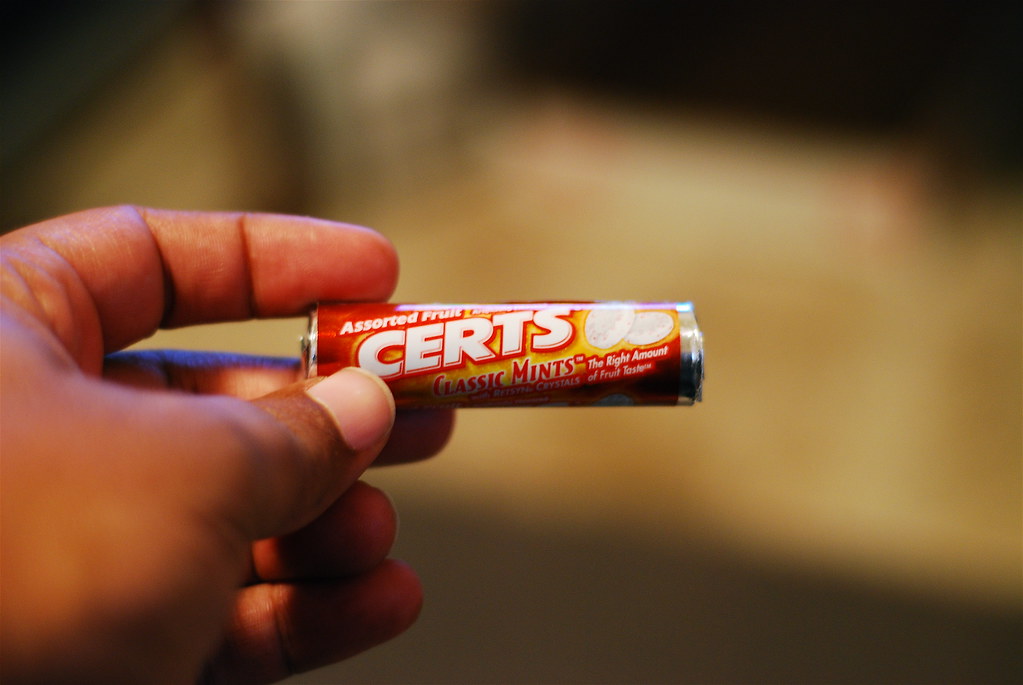How To Check For Nulls In C# a.k.a. How To Thwart A Super Villian
I’ve been watching DotNetConf videos over the weekend, and was most curious about Mads Torgersen’s “What’s Coming To C#?” talk. There are some great features coming to C# 8, but he said something that stuck out to me as a piece of wisdom that seems obvious when you think about it.
What Is Wrong With This Code?
Take the following code sample. We declare our Hero classes and check whether our heroes, Superman and Batman, can save the day. We perform a simple null check to see if they are available. What would you expect the outcome to be?
var superman = new Hero { Name = "Superman"};
var batman = new Hero { Name = "Batman" };
var heroes = new [] {
superman,
batman
};
foreach(var hero in heroes) {
var hereToSaveTheDay = hero == null
? "Oh No!"
: "Yes!";
Console.WriteLine(
$"Can {hero.Name} Save The Day? {hereToSaveTheDay}"
);
}
I bet you would expect the outcome to be the following:
Can Superman Save The Day? Yes!
Can Batman Save The Day? Yes!
This is what any developer would expect, but what if I told you that our heroes are missing in action? And, what if I told you the outcome was the following?
Can Superman Save The Day? Oh No!
Can Batman Save The Day? Oh No!
Is it time to panic?!
The Problem
During his DotNetConf talk, Mads Torgersen stated that you should never use the == operator to do null checks. The original author of the class, in our case Hero, has an oppurtunity to re-implement the behavior of the == operator.
public static bool operator ==(Hero first, Hero second) {
if (first is null || second is null) {
// Be Evil! Super-villiany at its best!
return true;
}
return first.Name == second.Name;
}
The code above states, that if either side of the equality comparison is null then our objects are equal. This logic is counter-intuitive to what we know as developers and can be difficult to debug (if not impossible). So how do we prevent these issues in our own codebase?
“is” To The Rescue!
To correct the issue above, we should use the is operator. This operator cannot be overloaded and changed.
foreach(var hero in heroes) {
var hereToSaveTheDay = hero is null
? "Oh No!"
: "Yes!";
Console.WriteLine(
$"Can {hero.Name} Save The Day? {hereToSaveTheDay}"
);
}
This leads us to the outcome we expect from our heroes.
Can Superman Save The Day? Yes!
Can Batman Save The Day? Yes!
Conclusion
Most of us take for granted the stable behavior of the == operator. A nefarious party could easily change the behavior of something so fundamental. I am also reminded of the productivity suggestions from tools like ReSharper and Visual Studio, which suggest you do a null check in constructors with the ==. The issue is obvious when you think about it, but most of us probably don’t give it a second thought in our daily work.
If you want to play with the Sample above, I’ve made a DotNetFiddle here.






